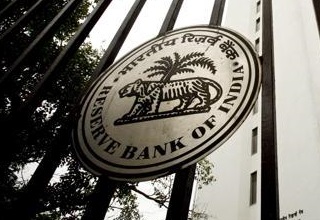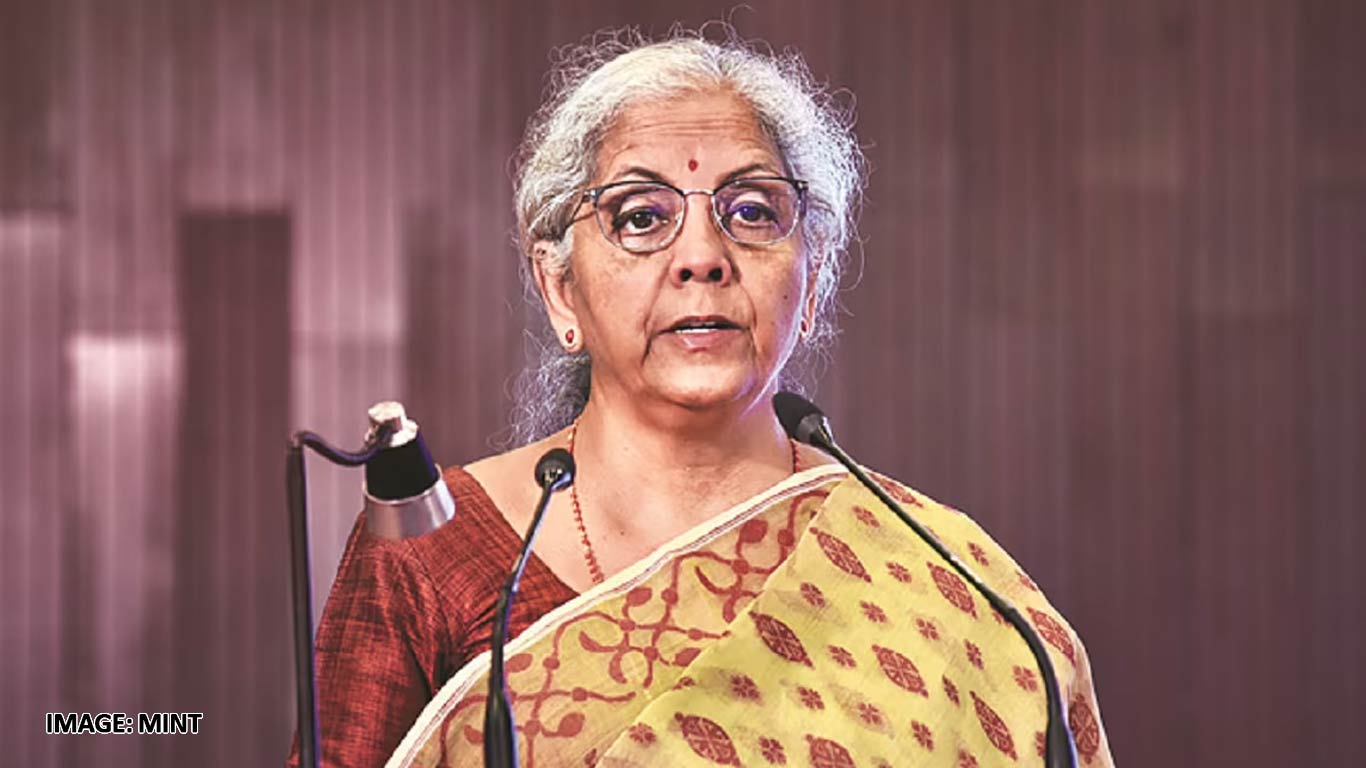Financing is a greater obstacle for SMEs than it is for large firms, says RBI
Updated: Aug 22, 2014 01:59:22pm

According to RBI’s annual report 2013-14 released yesterday, it said, “It is not enough for the banking system to support growth by channelling the household financial surplus to meet the investment needs of corporations.
“While financial deepening in it is important, the distribution of finance is also important. Access to finance for those who are ignored or crowded out of the credit markets but can make use of it for productive purposes is an equally important element in supporting growth and more inclusive development,” it added.
A number of studies have shown that financing is a greater obstacle for small and medium enterprises (SMEs) than it is for large firms, particularly in the developing world, and that access to finance adversely affects the growth of the SME sector more than that of large companies, said RBI.
“Cross-country surveys appear to suggest that external finance and external financing premium constitutes a significant impediment for their operations and growth. These financing constraints vary across firm size with empirical evidence suggesting that financing constraints lower firm growth by a much higher percentage for small firms as compared with large firms, and these magnitudes are, by no means, non-negligible,” the apex bank mentioned.
“In the Indian case, there is overdependence of SMEs on trade credit. Lowering information asymmetry through improved credit reporting, and greater competition and productivity enhancements in banks to lower intermediation costs, are necessary to improve credit flow to SMEs,” RBI said.
However, while improving access to finance is no doubt an important public policy goal, the prerequisite for sustaining any public policy programme lies in its financial viability.
Microfinance institutions and small regional rural banks can certainly help in furthering access to finance. However, they cannot on their own bridge the gaps.
“We need sound and well capitalised financial institutions to take up the agenda. Therefore, we need mainstreaming of financial inclusion. Banks will not lend to the unbanked unless they find such lending financially viable,” said RBI.
This cannot happen unless transaction costs come down. Surveys suggest that transaction costs for small sized loans are considerably higher than that for larger loans.
One possible solution lies in harnessing technology to lower transaction costs and thus facilitating inclusion. Competition will also help, not just through more bank licensing but also by encouraging NBFCs and other businesses with the necessary capabilities and reach, said the report.
India is a knowledge economy that has a large and expanding pool of engineers and software professionals. However, we have not fully reaped technology for financial inclusion in relation to the potential, country’s central bank said.
It is true that financial illiteracy, low incomes, volatile incomes, availability of collateral and lack of credit history come in the way of financial inclusion in a meaningful way, but lack of product innovation and appropriate technology use constitute the most important hurdle in promoting financial inclusion.
Greater use of technology and increased competition could help as has been seen in the case of the telecom industry earlier. The industry grew exponentially in just 10 years taking the mobile phone user base to nearly 1 billion and paving the way in sharp reduction in long distance call rates, RBI’s annual report said. (KNN/SD)











